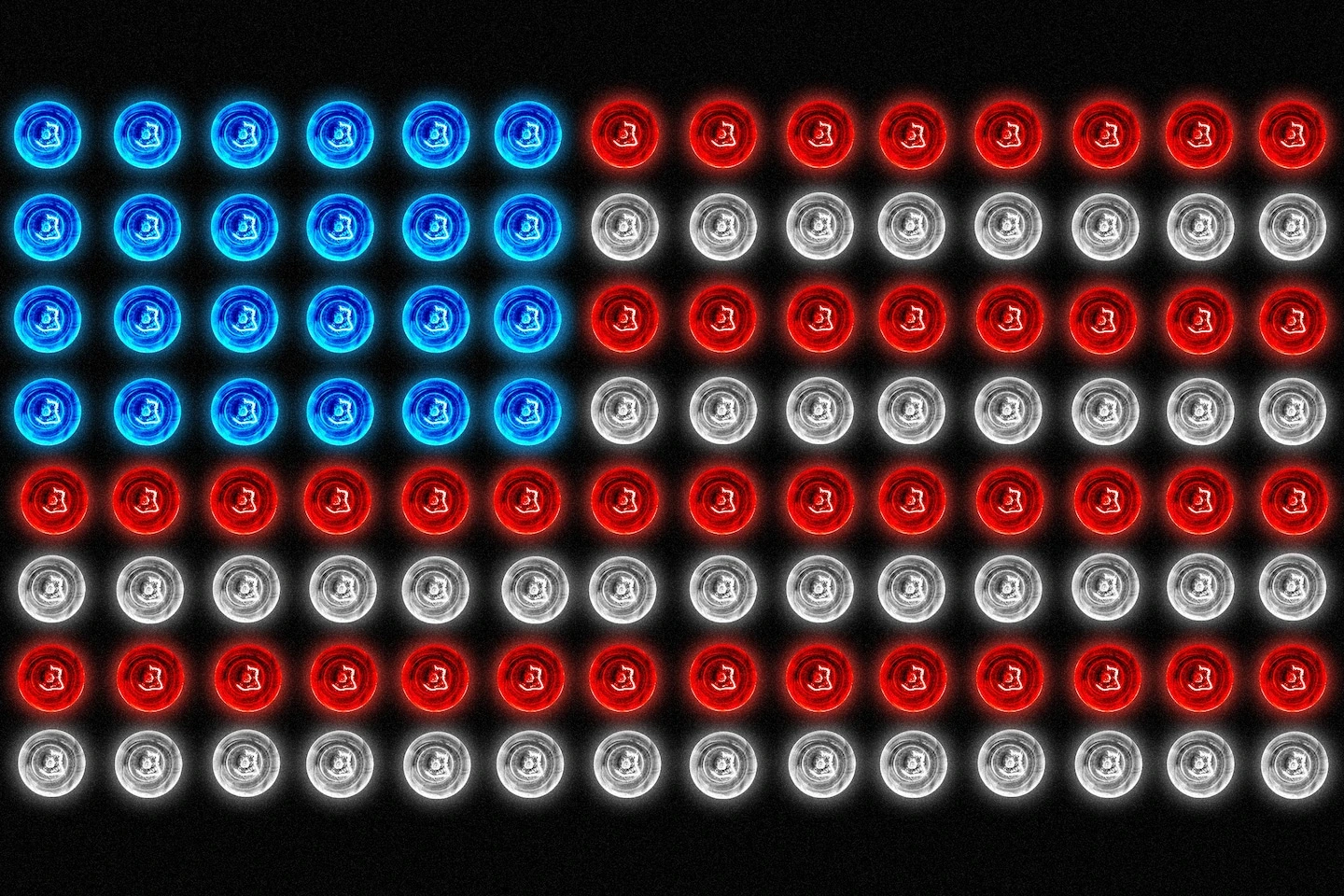- cross-posted to:
- us_news@lemmygrad.ml
- news@hexbear.net
- collapse@lemmy.ml
- cross-posted to:
- us_news@lemmygrad.ml
- news@hexbear.net
- collapse@lemmy.ml
The future of power in America is obvious. State governments will make corrupt deals with data centers and factories to keep their electricity costs low, and raise prices on residential users to compensate until poor families are priced out.
Buy your solar panels now. Before electricity changes from a right to a privilege.



I probably meant up to 600 voltage. After I went out of my way to get fired from that awful place, I quit my apprenticeship and left the absolute toxic culture of the trades world behind.
Also found it hard to justify being an electrician when electric cables need plastic insulation. Hard to separate electrical needs from the oil industry when the insulating material comes from the oil industry.
That’s a pretty extreme take. Industrial plastics are one of the better uses for oil. It’s fossil fuels and single use plastics that we have to eliminate.
If I was only focusing on the end product, industrial plastics would seem logical. The issue I have is that it takes an incredible amount of resources it takes overall.
Extracting, refining, forming, shipping, and right down to installation requires a lot of energy and waste. Forming a wire requires heat for the metals and plastics involved. Metal and plastics are heavy and require more fuel to transport it around. Often shrink wrap is used in transportation. Shrink wrap is worthless after a single use and it takes a lot of plastic wrap to safely secure a load cables on on a skid. Installation creates a lot of waste that rarely gets recycled.
Any electronic devices involved are always shipped in single use plastic wrap. This is to ensure no moisture damage in storage and transit. All those devices are likely to be shipped with other devices that require even more plastic wrap.
Often when a line becomes discontinued, many of those dirty and used cables do not get reused. The new assembly line that comes in to take it’s place will be built with new cables. A company does not care about reusing old material, they want as little downtime as possible and so installing from new materials will be preferred.
This is all just one trade within many trades that help create and automated assembly lines. Each trade has their own use of fossil fuels. It adds up really quickly.
I strongly believe that we can not technology our way out of this situation. I believe it’s a completely unsustainable path to continue on.
Rarely do I see talk of doing less as an action for dealing with the climate crisis. Less work, less transporting, less consumption, less expectations. Rarely do I see discussions of creating stronger, local communities as a form of dealing with the climate crisis. Often the main answer to the climate crisis is more technology without questioning how to create, sustain, maintain or recycle all that tech.
If I am wrong, I’m wrong. I am merely reacting to the situation I found myself in and the things I’ve observed in those situations. If you think my view is extreme, it’s because I now believe the unsustainable use of resources to keep our trades and tech going is absurdly extreme.
If the world truly wants to use tech to deal with the climate crisis, it would have to address the waste and dependency on fossil fuels. Ignoring it will do nothing but hasten our current declining climate health.